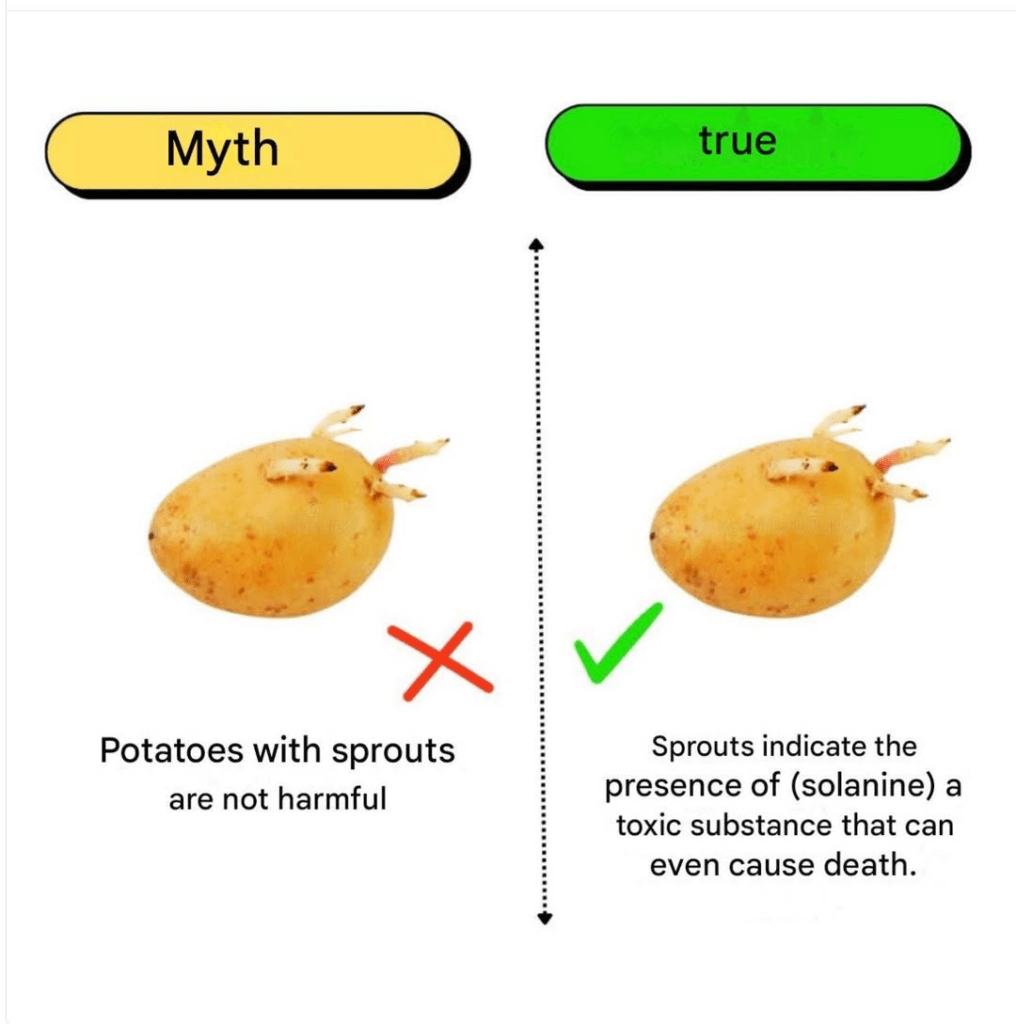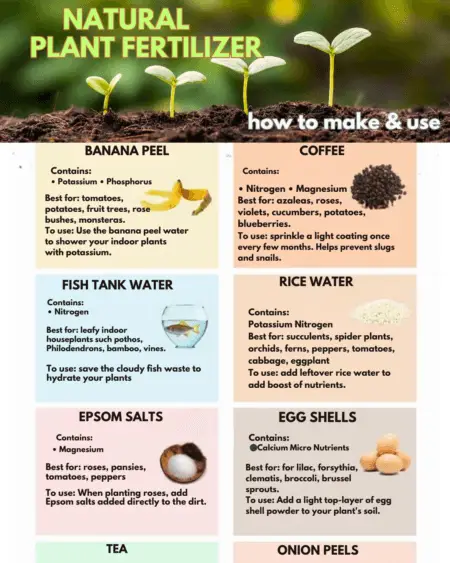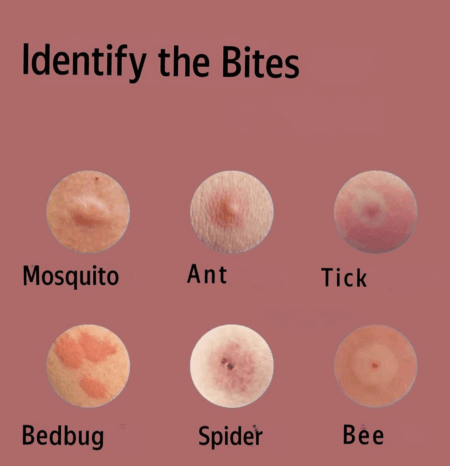Potatoes are a staple food in many households, often used for recipes like mashed potatoes or fries. However, when left in storage, they can develop sprouts, commonly referred to as eyes.
Table of Contents
These sprouts are a normal part of the potato’s growth process and can occur in various types of potatoes, including sweet potatoes. The presence of these sprouts raises questions about their safety for consumption and how to properly handle and store potatoes to avoid this issue.
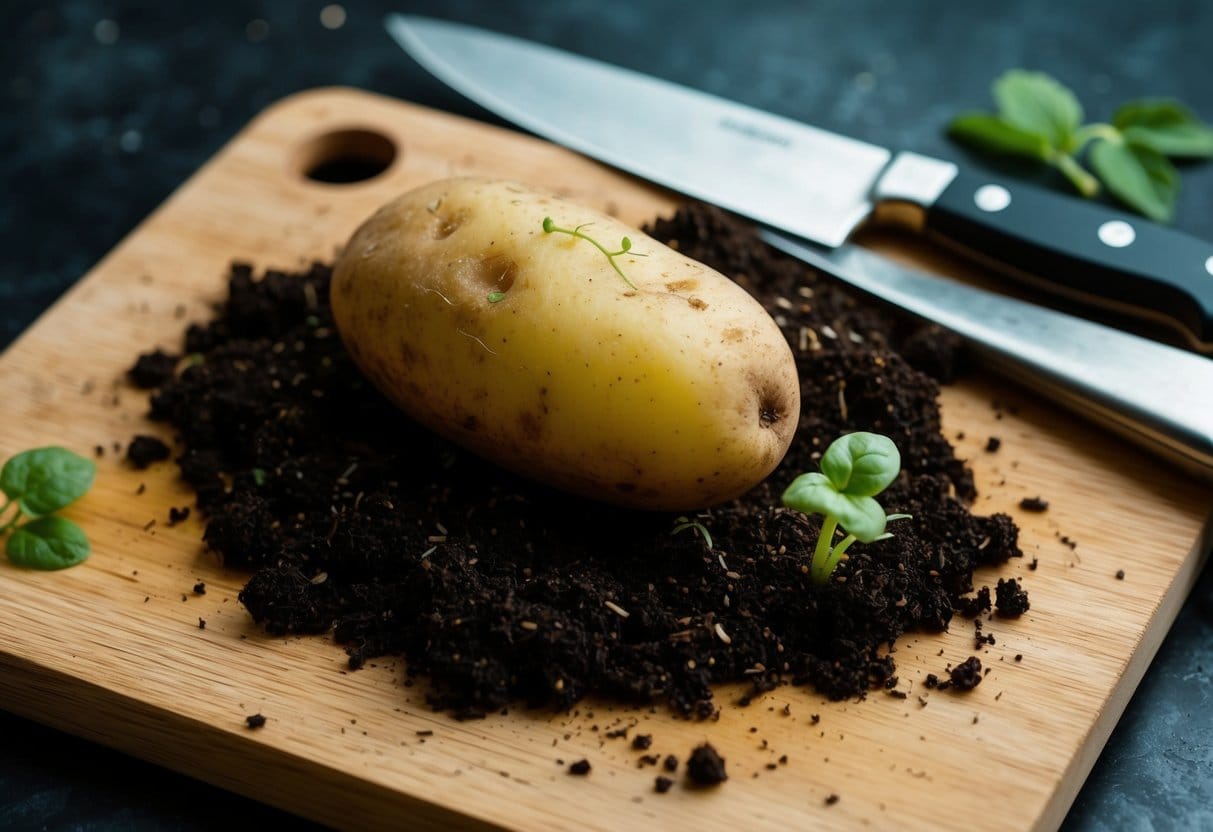
Understanding how to deal with sprouted potatoes involves knowing when it is safe to eat them, how to prepare them, and tips for storage to limit sprouting. It is crucial to gather accurate information to ensure food safety while still enjoying this versatile vegetable.
Knowing how to handle sprouted potatoes can help prevent waste and make the most of everything in the kitchen.
Key Takeaways
- Sprouted potatoes are common and can be safe to eat if prepared correctly.
- Proper storage can help prevent potatoes from sprouting.
- Knowledge about sprouted potatoes ensures safe and enjoyable meals.
Are Sprouted Potatoes Safe to Eat?
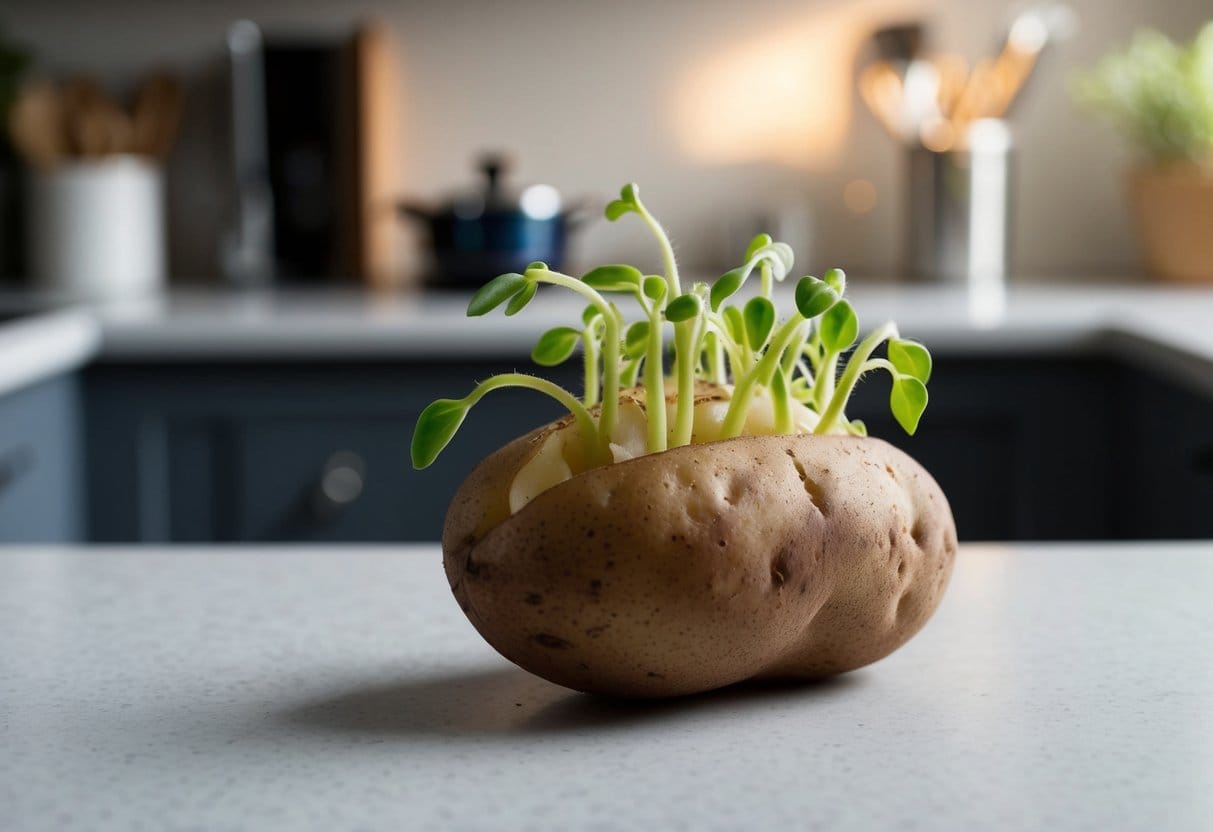
Sprouted potatoes can be safe, but caution is necessary. When potatoes sprout, they generate glycoalkaloids, which include natural toxins like solanine and chaconine. In small amounts, these compounds are generally not harmful, but larger quantities can cause symptoms such as nausea, vomiting, diarrhea, and stomach cramps.
To reduce risks, it is advisable to remove the sprouts before cooking. The real concern arises from greening. Significant green areas indicate higher solanine levels, which can make the potato unsafe to eat. Therefore, assessing both the sprouting and greening conditions is essential for safe consumption.
When It Is Safe to Eat Sprouted Potatoes
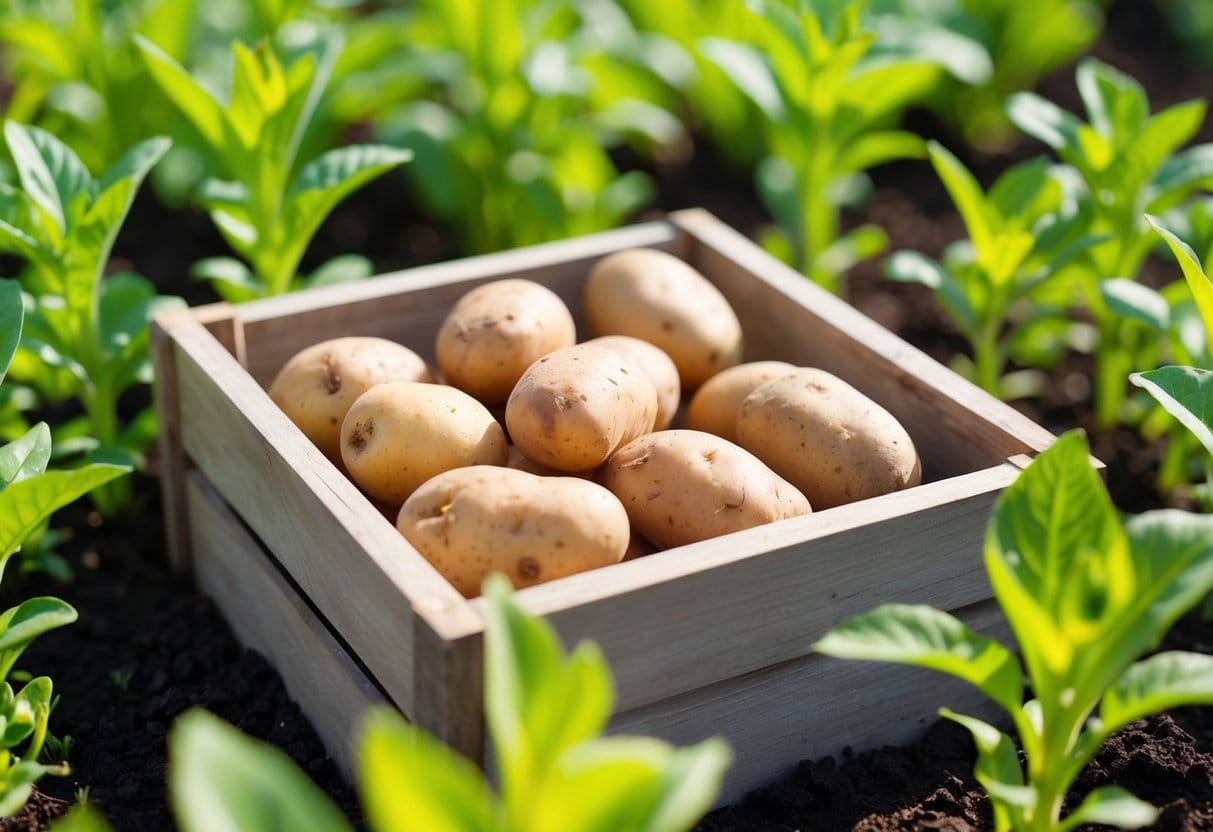
Potatoes that have sprouted can be safe if they remain firm and show no signs of greening or a bitter odor. The sprouts should be removed before consumption. If a potato does not exhibit these issues, it is typically fine to eat as long as it is prepared properly.
When It’s Not Safe
- It is important to throw away potatoes that are soft, shriveled, or have significant green patches, as these conditions suggest elevated toxin levels.
- Long sprouts, measuring over half an inch, are also a sign that the potato should be discarded.
How to Prepare Sprouted Potatoes
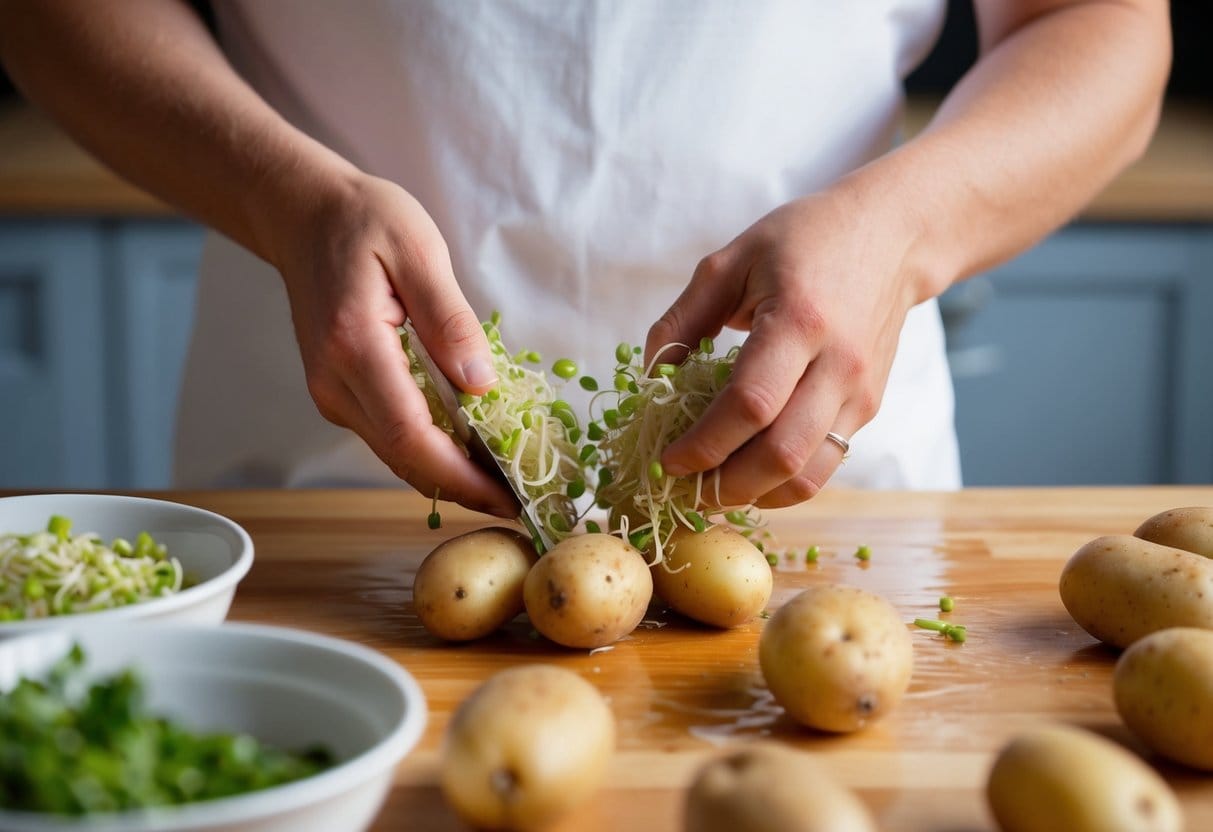
To prepare sprouted potatoes, first, remove the sprouts by either snapping them off or using a knife. Next, peel the potato well, paying close attention to the eyes and any green areas, as these parts can be harmful.
It is important to cook the potato thoroughly. Methods like boiling, baking, or frying can help lower the levels of harmful compounds, but not eliminate them completely. Raw potatoes, especially those that have sprouted, should be avoided.
Reasons Behind Potato Sprouting
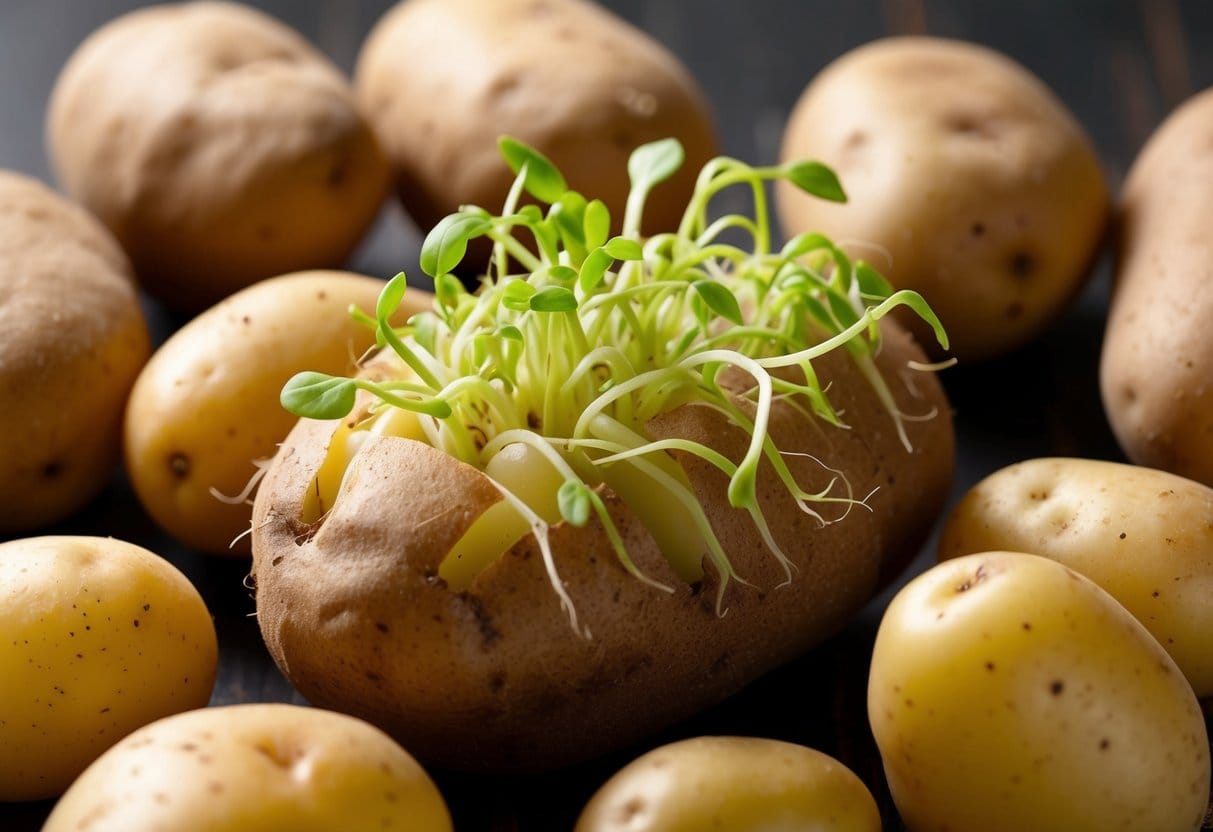
Potatoes begin to sprout when they are kept in conditions of light, warmth, or humidity. These factors simulate the natural environment where potato plants grow. Older potatoes or those stored in bright, warm places are more likely to develop sprouts as they attempt to grow into new plants.
How to Store Potatoes to Prevent Sprouting
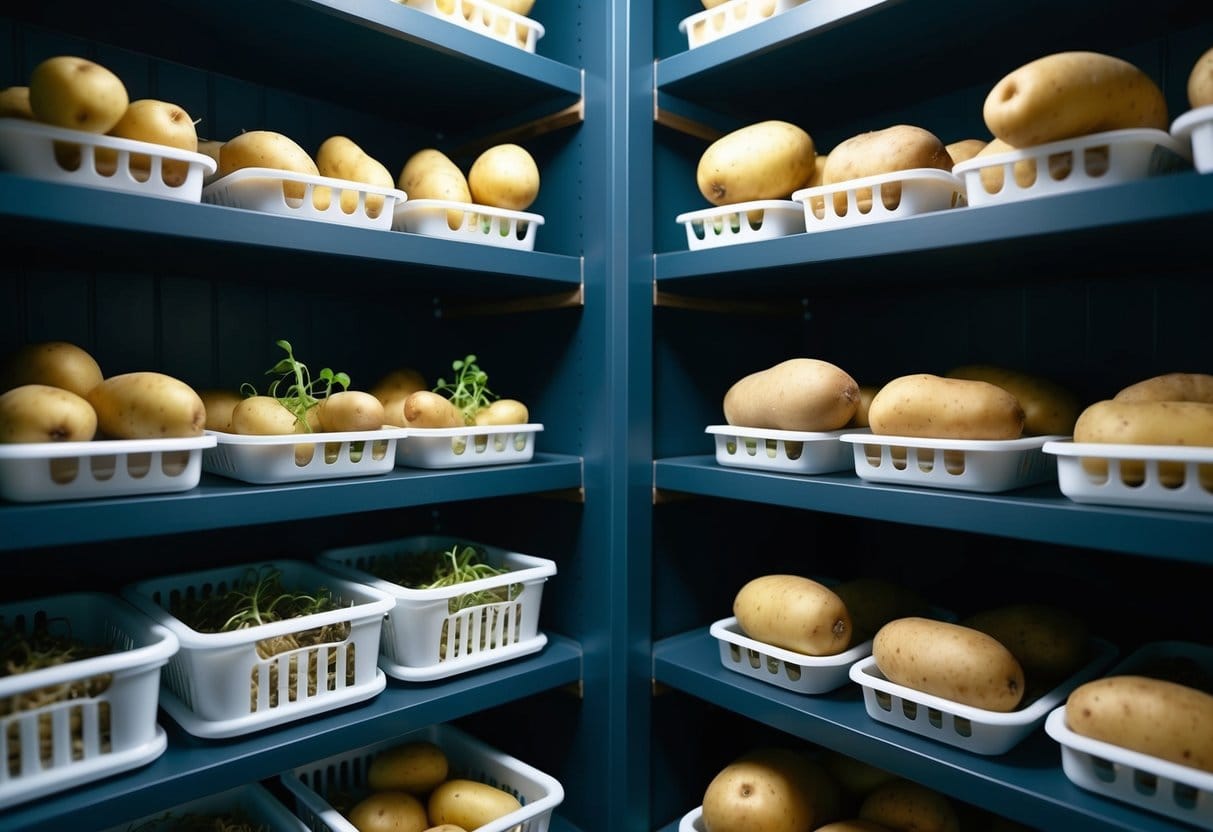
To keep fresh potatoes from sprouting, they should be stored in a cool, dark, and dry place. Ideal storage temperatures range from 45 to 50 degrees Fahrenheit. Here are some important tips for proper storage:
- Avoid Refrigeration: Storing potatoes in the refrigerator can turn their starches into sugars, which changes their taste.
- Separate from Onions: Potatoes should not be stored near onions, as onions emit ethylene gas that accelerates sprouting.
- Use Breathable Containers: Opt for storage in burlap bags or open baskets. These allow for ventilation, which helps maintain optimal conditions.
Frequently Asked Questions
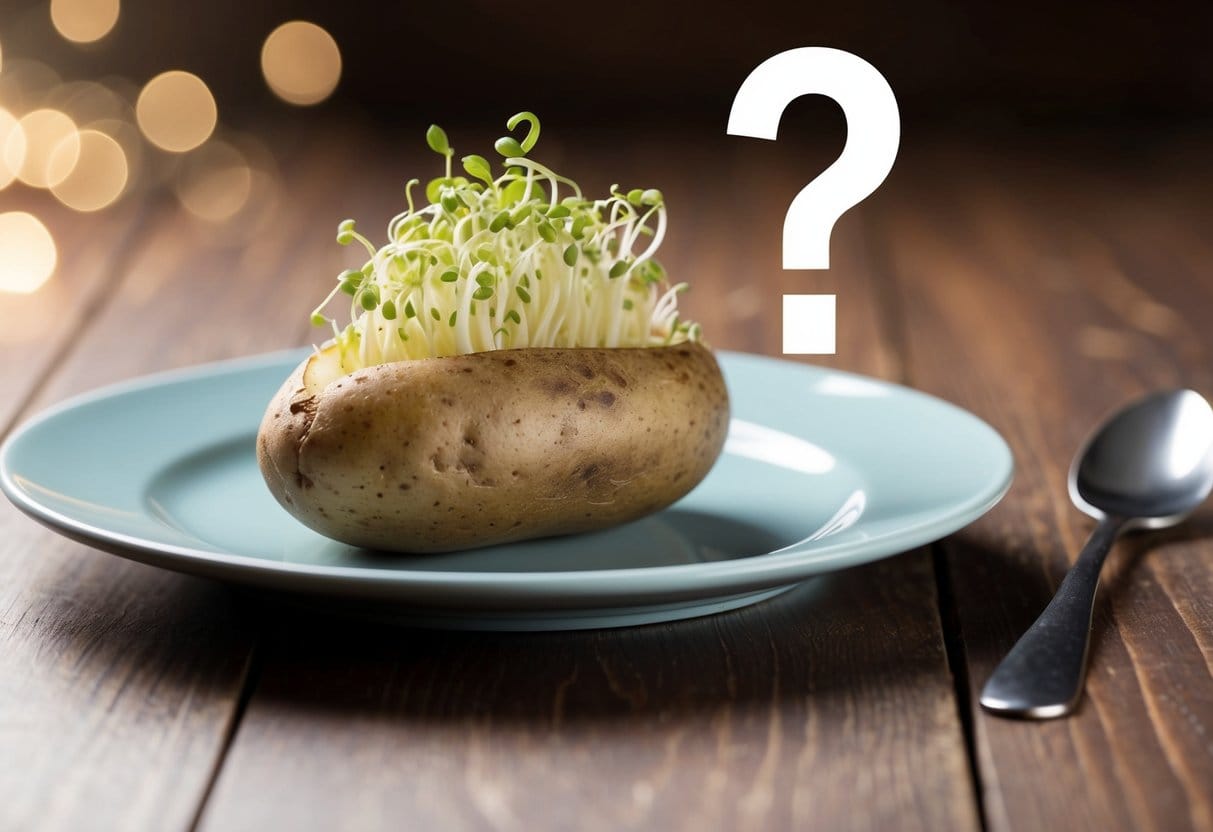
Are sprouted potatoes safe to eat?
Potatoes that have sprouted are generally safe if certain precautions are taken. It is important to remove the sprouts before consumption. While the potato itself can be edible, any green parts should also be cut away, as they may contain harmful compounds.
Is it unsafe to consume soft potatoes that have sprouted?
Potatoes that are soft and sprouted should be avoided. Softness indicates that the potato is no longer fresh, and it may also have developed more toxins. It’s best to discard any potatoes that feel mushy or have an unusual texture.
What risks are associated with eating sprouted potatoes during pregnancy?
Pregnant individuals should be cautious about eating sprouted potatoes. The sprouts and any green areas can contain solanine, which might pose health risks. It’s advisable for pregnant women to consult a healthcare provider before consuming sprouted or discolored potatoes.
How can one tell if a sprouted potato is too far gone to eat?
To assess a sprouted potato, a few factors can help determine its edibility:
- Sprout Length: If the sprouts are long, it’s best to discard the potato.
- Green Areas: Check for any green skin; if found, remove those parts or discard the potato entirely.
- Texture: If the potato feels soft or shriveled, it’s likely not suitable for consumption.
Can eating sprouted potatoes cause health problems?
Consuming sprouted potatoes can lead to minor digestive issues, such as nausea or diarrhea, especially if they contain higher levels of solanine. This chemical can be toxic in large amounts, so caution is advised.
Are there safe methods to consume sprouted sweet potatoes?
Sprouted sweet potatoes are often better tolerated than regular potatoes. If the sweet potato is firm and shows minimal sprouting, it can be peeled and cooked safely. However, if there are any signs of rotting or excessive sprouting, they should not be eaten.


